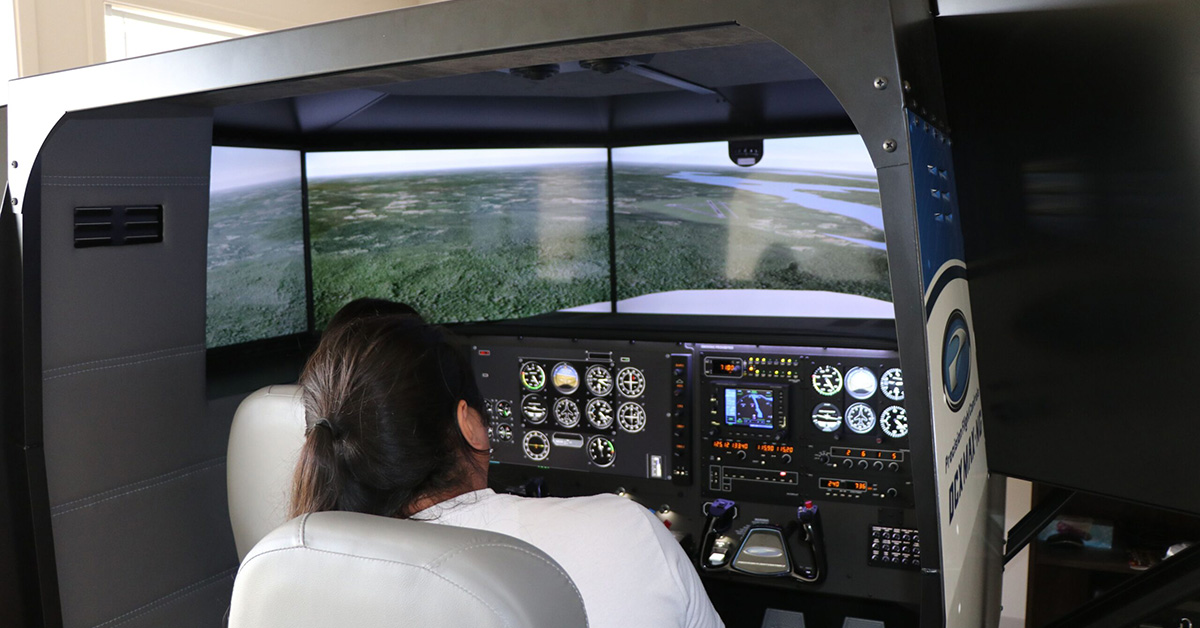According to Transport Canada, transportation is the second largest source of greenhouse gas (GHG) emissions in Canada, or a quarter of Canada’s total GHG emissions. Confronted with these figures, transportation innovation is absolutely critical to minimizing Canada’s GHG emissions in line with the goals set out in the Paris Accord. As such, one of five themes of Transportation 2030, the Government of Canada’s strategic plan for the future of transportation is “green and innovative transportation.”
Transportation is more than just planes, trains, and cars; and, Transport Canada says its mandate is to “ensure Canada’s transportation systems support our ambitious economic growth and job creation agenda.”
Colleges and institutes contribute to transportation innovation by leading research projects that modernize and transform road, rail, air, and water transportation; by providing solutions to problems experienced by pilots and drivers; and ensuring that training in all fields of transportation is up-to-date, ever-evolving, and accessible to all. For example:
- The First Peoples’ Aviation Technology program at First Nations Technical Institute (FNTI) is the only Indigenous aviation post-secondary program of its kind in Canada and is delivered in partnership with Canadore College. FNTI also recently hosted its inaugural Indigenous Youth Aviation Camp to encourage younger generations to pursue careers in piloting, which is considered key to the sustainability of many Indigenous communities.
- The Centre québecois de formation aéronautique (CQFA) at the Cégep de Chicoutimi offers more than 50 training opportunities in the aviation sector and is the only institution in Canada that offers all three fields of specialization: commercial multi-engine, bush pilot (hydro-aviation), and helicopter. For more on aviation and aerospace technologies and training, including the Cégep Édouard-Montpetit, Confederation College, BCIT, and Red River College, check out this previous issue of Perspectives.
- Fanshawe College’s Norton Wolf School of Aviation Technology offers a Remotely Piloted Aerial Systems Commercial Operations graduate certificate that provides students with the knowledge and skills needed to design, support, operate, and maintain unmanned aerial vehicle (UAV), or drone, operations. Given the potential use of drones in collecting data in rural, remote, and northern communities, Aurora College also recently began offering a 3-day intensive course in UAV operations.
- The Institut du véhicule innovant (IVI) [Innovative Vehicle Institute] is a College Centre for the Transfer of Technology (CCTT) affiliated with the Cégep de Saint-Jérôme specializing in applied research and the development, evaluation, and implementation of innovative technologies in the transport sector. One such project involves the development of a modular-design-compatible retrofit kit capable of converting regular vehicles into autonomous vehicles.
- Durham College is participating in the Autonomous Vehicle Innovation Network (AVIN), a community partnership designed to help SMEs develop, prototype, test, and validate transformative automotive technologies. By providing technology companies access to faculty expertise, student talent and state-of-the-art research facilities, Durham College is helping them develop autonomous vehicle capabilities in a safe and controlled environment.
- The Railway Conductor program offered through the Rail Training Centre at the Southern Alberta Institute of Technology (SAIT) provides highly-skilled graduates for an industry experiencing significant growth. Students are given hands-on training using real equipment covering areas such as handling of dangerous goods, railway safety, and mechanical components of rail cars.
- The Institut technologique de maintenance industrielle (ITMI) [Industrial Maintenance Technical Institute] is a CCTT affiliated with the Cégep de Sept-Îles and, since 2013 has been home to an NSERC Industrial Research Chair specializing in rail maintenance and operations. ITMI’s research includes automated data treatment, communications protocols in northern and isolated regions, and warning systems for railway conductors to avoid risks of derailment.
As the pace of transportation innovation accelerates, colleges and institutes provide bold and innovative solutions to enhance the safety, security, efficiency, and environmental performance of transportation in Canada.

